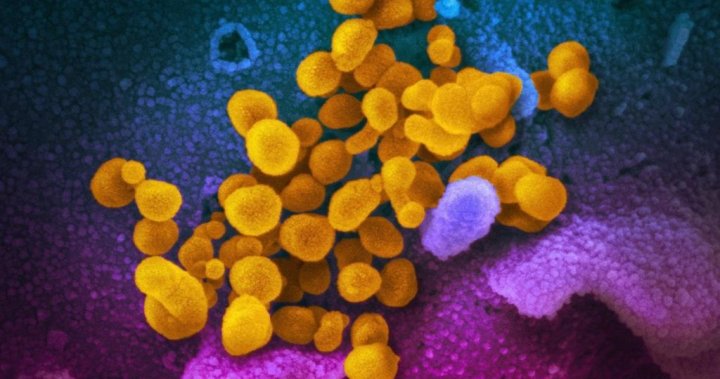
COVID could increase risk of developing diabetes by up to 22%, Canadian study shows
Global News
A University of British Columbia study looking at more than 600,000 people found a higher rate of diabetes in those who’d been infected with COVID-19.
COVID-19 may increase a person’s risk of developing diabetes, a recent Canadian study found, but experts are still not sure exactly why this is.
The University of British Columbia study, published in JAMA on Tuesday, found that three to five per cent of diabetes cases were related to COVID-19 infection.
“From that point of view, these numbers are substantial,” Dr. Naveed Janjua, the study’s lead author, told Global News.
The study used provincial data and collected the health records of more than 620,000 people tested for COVID-19 from January 2020 to December 2021. The researchers then compared the data of those who tested positive (125,987) and negative (503,948) in order to see if the infection is associated with an increased risk of diabetes.
The UBC study found that for people who had diabetes during the studied timeframe, one out of 20 could have been related to their COVID-19 infection.
People infected with COVID-19 were 17 to 22 per cent at higher risk of developing diabetes within one year compared with those who were unexposed to the virus, the study stated.
Men were 22 per cent more likely than women to develop diabetes after a COVID-19 diagnosis, and people who were hospitalized with the virus had more than double the risk. For people who were admitted to the intestine care unit with COVID-19, their risk more than tripled, the study found.
Although a link was found between diabetes and COVID-19, the researchers said it’s not clear why.












